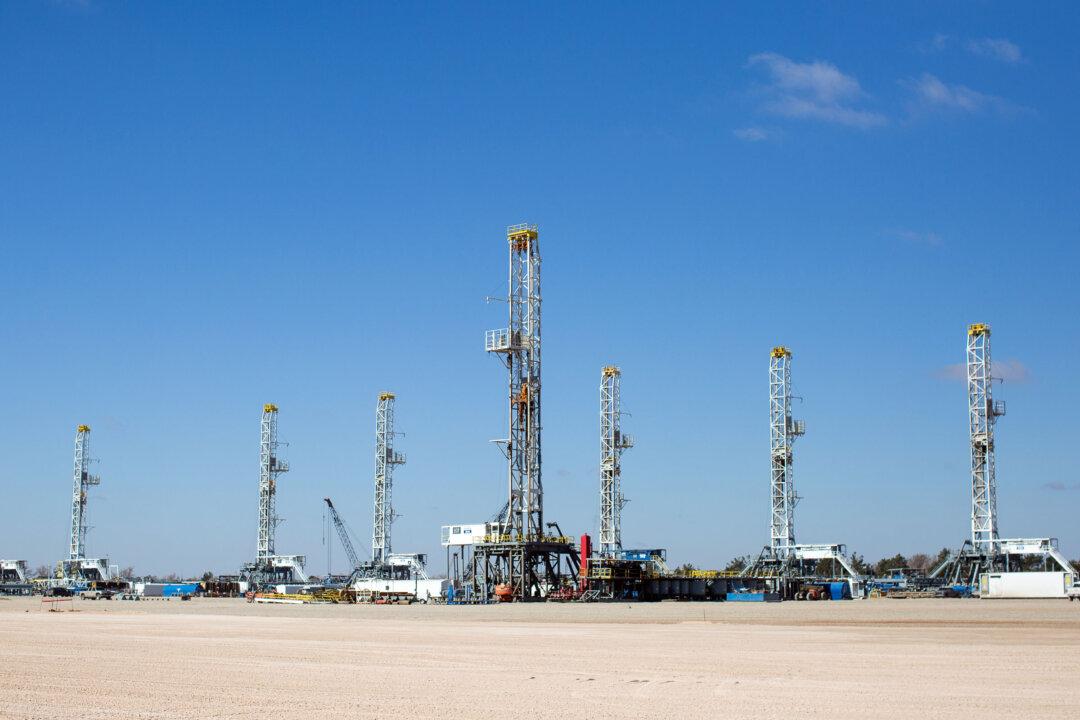NEW YORK—American International Group Inc. (AIG) and the United States Treasury on Wednesday said that they would sell nearly $9 billion in new shares of AIG, which would decrease Treasury’s stake in the insurer down to 77 percent of voting shares.
The Treasury plans to sell 200 million shares and AIG will sell 100 million shares to the market, generating $8.9 billion in new funds for the insurance giant, AIG said in a Securities and Exchange Commission filing this week.
The sale is roughly half of what the company envisioned earlier in the year, and will likely generate a far smaller windfall for U.S. taxpayers than previously thought.
Last year, AIG reported robust earnings and its stock soared, fueling speculation that the taxpayers will reap huge benefits from the U.S. government’s $182 billion bailout of the company in Sept. 2008.
But last week, AIG announced disappointing first-quarter earnings on special charges, and its stock has taken a hit. After closing north of $60 earlier in the year, its shares are now below $30, losing almost half of its value. In turn, those shares that the Treasury are looking to sell are worth a lot less today than a few months ago.
The recent spate of floods, earthquakes, and other natural disasters is taking a toll on AIG’s earnings—it is on the hook for huge amounts of insurance payouts. Nonetheless, Treasury Sec. Timothy Geithner is going ahead with the share sale—widely believed to be at $30 per share or less according to Wall Street analysts—despite the uncertainties.
AIG, once among the most profitable and admired companies in the United States, was a large underwriter of credit derivatives during the real estate boom and the industry’s collapse two years ago almost brought AIG to bankruptcy. Deciding that a collapse would wreck havoc upon the global financial markets, the U.S. government bailed the company out in 2008.
Since that day, AIG has sold off several subsidiaries, including its Asian arms and other non-core businesses, to pay off its debt.
The Treasury plans to sell 200 million shares and AIG will sell 100 million shares to the market, generating $8.9 billion in new funds for the insurance giant, AIG said in a Securities and Exchange Commission filing this week.
The sale is roughly half of what the company envisioned earlier in the year, and will likely generate a far smaller windfall for U.S. taxpayers than previously thought.
Last year, AIG reported robust earnings and its stock soared, fueling speculation that the taxpayers will reap huge benefits from the U.S. government’s $182 billion bailout of the company in Sept. 2008.
But last week, AIG announced disappointing first-quarter earnings on special charges, and its stock has taken a hit. After closing north of $60 earlier in the year, its shares are now below $30, losing almost half of its value. In turn, those shares that the Treasury are looking to sell are worth a lot less today than a few months ago.
The recent spate of floods, earthquakes, and other natural disasters is taking a toll on AIG’s earnings—it is on the hook for huge amounts of insurance payouts. Nonetheless, Treasury Sec. Timothy Geithner is going ahead with the share sale—widely believed to be at $30 per share or less according to Wall Street analysts—despite the uncertainties.
AIG, once among the most profitable and admired companies in the United States, was a large underwriter of credit derivatives during the real estate boom and the industry’s collapse two years ago almost brought AIG to bankruptcy. Deciding that a collapse would wreck havoc upon the global financial markets, the U.S. government bailed the company out in 2008.
Since that day, AIG has sold off several subsidiaries, including its Asian arms and other non-core businesses, to pay off its debt.






